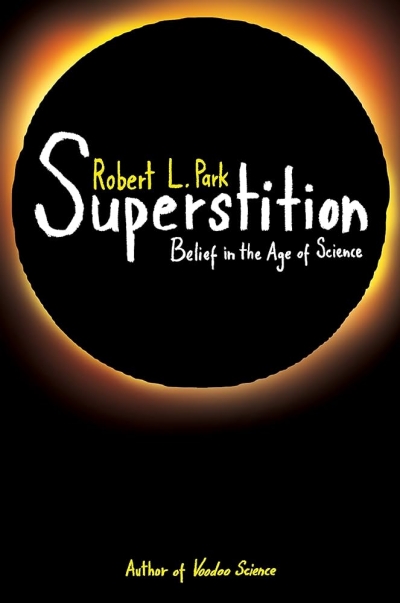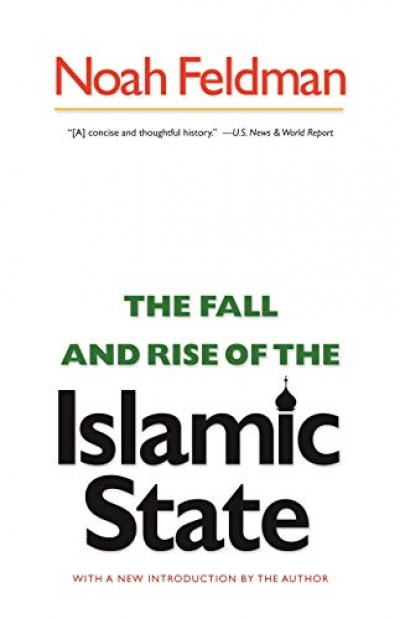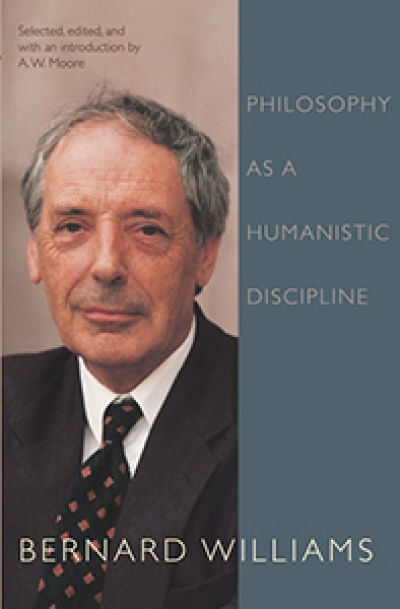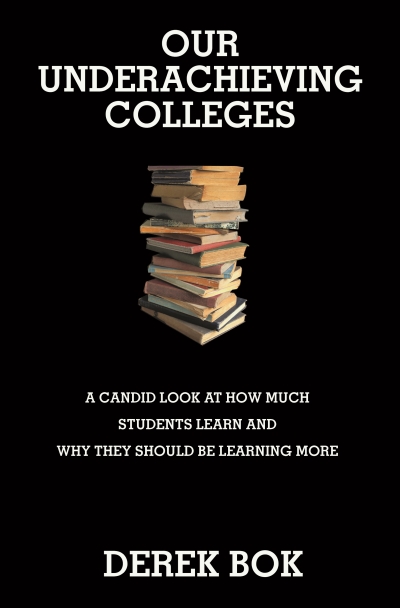Robert L. Park is an American professor of physics who has taken up the sword against superstition and wobbly science. In an earlier book, Voodoo Science: The Road from Foolishness to Fraud (2000), he assailed pseudoscientific delinquents and pretenders, and some of its themes reappear in Superstition. But the majority of the new book’s bogeys are generally acknowledged to be remote from science: religion, creationism or intelligent design, vitalism and the soul, reincarnation, the power of prayer, divine agency in cataclysms, New Age mysticism, homeopathy, and a host of related things. A few of the targets, such as acupuncture, space colonisation and the ‘quantum mysticism’ conjured from alleged mind-involvement in quantum phenomena, may be thought by some to border on (good) science, but not by Park.
...
(read more)







